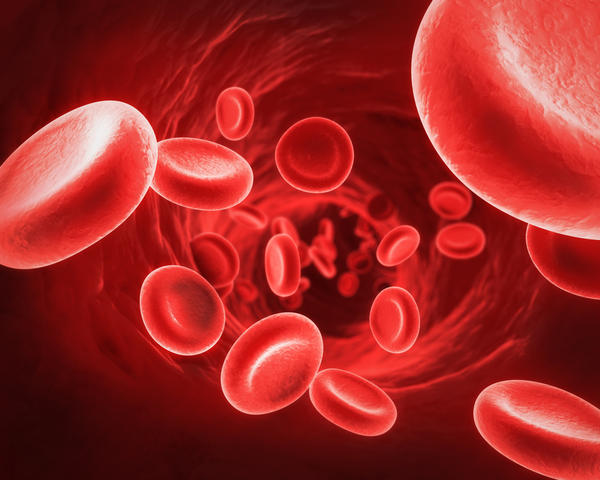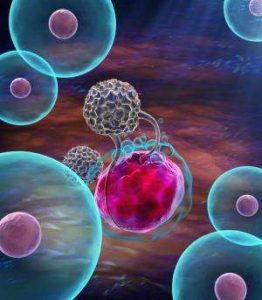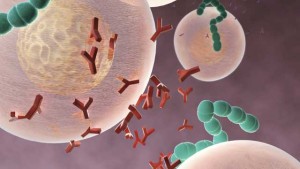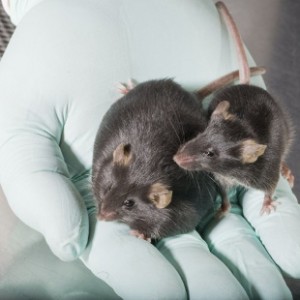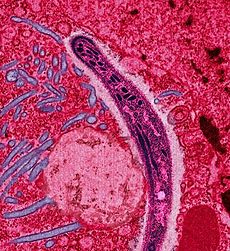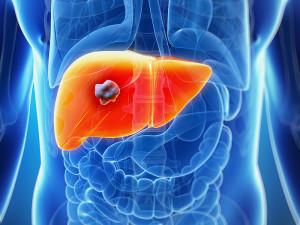Highlights
- •Scalable process for differentiating hiPSC-microcarrier aggregates into RBCs
- •Erythroid differentiation potential of multiple hiPSC lines was evaluated
- •hiPSC RBCs and adult RBCs revealed minor differences functionally and transcriptionally
- •Co-culture of hiPSC RBCs with OP9 cells (2D and 3D) promoted improved enucleation
Summary
Universal red blood cells (RBCs) differentiated from O-negative human induced pluripotent stem cells (hiPSCs) could find applications in transfusion medicine. Given that each transfusion unit of blood requires 2 trillion RBCs, efficient bioprocesses need to be developed for large-scale in vitro generation of RBCs.We have developed a scalable suspension agitation culture platform for differentiating hiPSC-microcarrier aggregates into functional RBCs and have demonstrated scalability of the process starting with 6 well plates and finally demonstrating in 500 mL spinner flasks. Differentiation of the best-performing hiPSCs generated 0.85 billion erythroblasts in 50 mL cultures with cell densities approaching 1.7 × 107 cells/mL. Functional (oxygen binding, hemoglobin characterization, membrane integrity, and fluctuations) and transcriptomics evaluations showed minimal differences between hiPSC-derived and adult-derived RBCs.The scalable agitation suspension culture differentiation process we describe here could find applications in future large-scale production of RBCs in controlled bioreactors.

